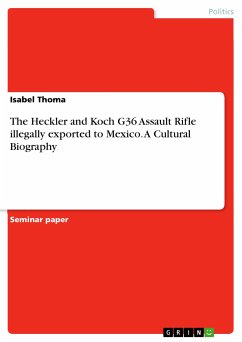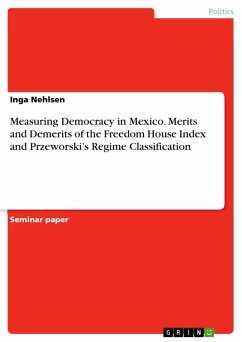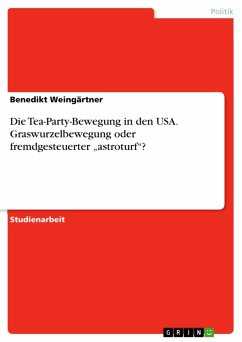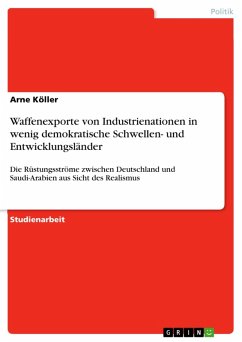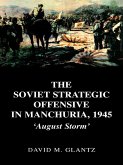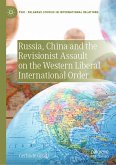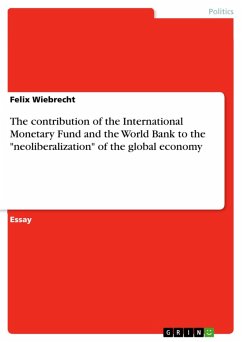Seminar paper from the year 2021 in the subject Politics - Topic: Globalization, Political Economics, grade: 7, Maastricht University (Faculty of Social Science), course: Globalisation and Poverty: A Connected World, language: English, abstract: This paper follows the illegally exported G36 assault rifle from H&K to Mexico. Although the life-cycle of the rifle with its individual parts does not begin in Oberndorf/ Germany, but the raw materials and processing originate much earlier and elsewhere, the analysis of the commodity shall begin at the main headquarters of H&K AG. From here, decisions were made, and strings were pulled, which led to the export of weapons to Mexico. When tracing the object, it becomes clear that several interconnected actors are involved, different values and meanings are ascribed to the G36, various people benefit from its circulation, and, in addition to the economic level, the political and cultural levels also have an influence on the significance of the commodity. To follow and analyze these significances, the cultural-biographical framework of Igor Kopytoff will shed light on the G36 as a commodity that has different meanings for different actors in different contexts and stages of its life. With this approach we can - in Kopytoff's own words - "make salient what might otherwise remain obscure". In the following (Section 2), Kopytoff's theoretical approach will be described and show how it can help analyze and unravel the trajectory of the G36. Following this, the results of the case study will be presented and the G36 will be examined as a commodity (Section 3). Finally, the conclusion (Section 4) summarizes the main findings and links them to the theoretical approach.
Dieser Download kann aus rechtlichen Gründen nur mit Rechnungsadresse in A, B, BG, CY, CZ, D, DK, EW, E, FIN, F, GR, HR, H, IRL, I, LT, L, LR, M, NL, PL, P, R, S, SLO, SK ausgeliefert werden.

